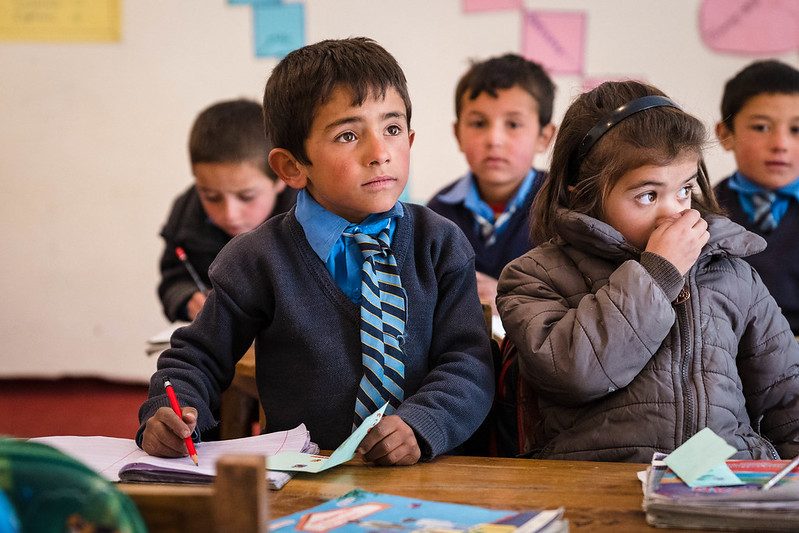In December 2019, the first workshops were held in Nairobi to familiarise Aga Khan Foundation staff and members of the education network RELI with the Schools2030 Human-Centred Design Toolkit.
The free, open source resource was developed as part of the ten-year participatory action research programme to facilitate school communities to become agents for positive change.
These early workshops marked the very start of the Schools2030 journey – one which, despite the obstacles brought about by the pandemic, is now on course to deliver one of the Aga Khan Foundation’s most exciting and innovative education programmes to date. One that aims to positions school communities at the centre of social change and support them on the path ultimately to improve the holistic learning outcomes of their students.
But, what exactly is Schools2030 and how will it work? Why holistic learning? And what do we mean by human-centred design? Dr. Bronwen Magrath, Schools2030’s Global Programme Manager, explains all.
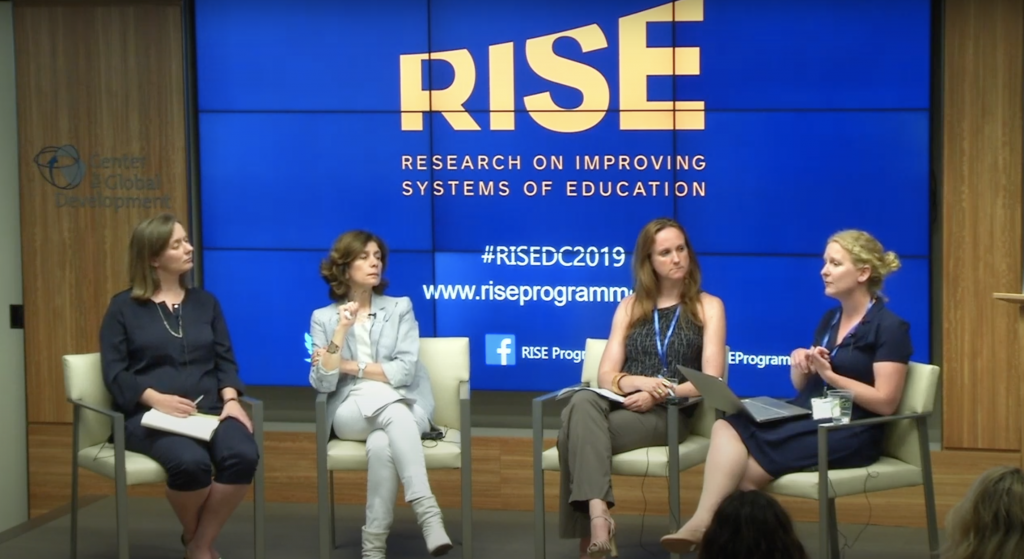
For decades, AKF has undertaken learning improvement programmes for preschool and school-age children around the world. What challenges and/or experiences led to the creation of Schools2030 and what does this initiative aim to achieve?
The Schools2030 initiative seeks to improve learning and teaching through a focus on classroom-driven education innovation and holistic learning. Our progamme is based in 1000 government schools across ten countries, where over the next ten years we will work with teachers, students and school leaders to define educational challenges and design solutions to those challenges.
The Aga Khan Foundation’s work – in education and in other social sectors – has always been about working alongside communities and our strength lies in these very deep-rooted and long-standing relationships of trust. Schools2030 really builds on this experience as we work in partnership with teachers, schools, local education authorities and governments across our ten programme countries to nurture learning improvement from the school and community level. We really see this as our unique positioning: most large-scale international education reform initiatives start with a globally-designed intervention to improve learning outcomes. At Schools2030 we flip this mindset and start from the classroom level – we believe educational change can only happen when it is initiated and owned by teachers, learners and school communities.
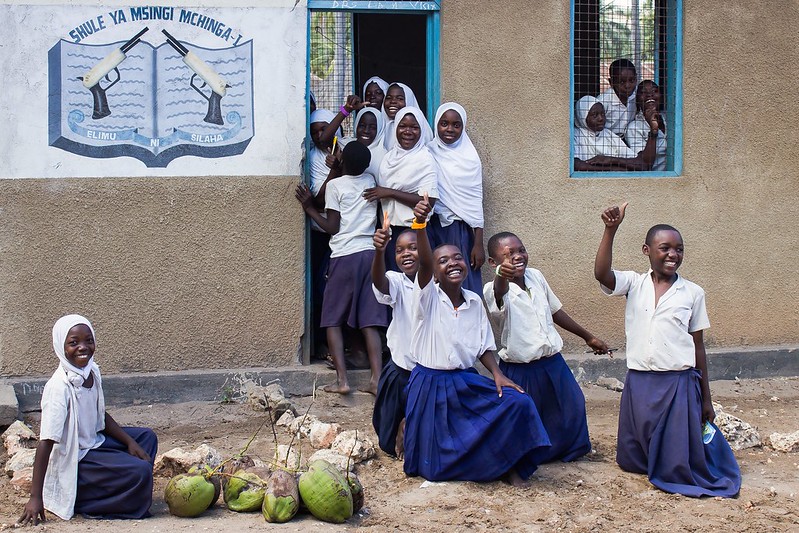
The Schools2030 programme focuses on holistic learning. Can you explain what this means in practice? What kind of learning and skills will the initiative seek to improve?
For Schools2030, holistic learning is about recognising the interconnectedness of academic, physical, social and emotional learning. Our approach to holistic learning supports young people to develop the knowledge, skills, attitudes and values they need to interact effectively with the world and become contributing members of society. We draw inspiration from the words of His Highness the Aga Khan, who has advised that “we must rise above the antiquated approaches of earlier days and instead infuse our students with three “A’s” of modern learning – the spirit of anticipation, the spirit of adaptation and the spirit of adventure”.
We believe that children and young people learn best when this learning is meaningful and relevant to them. For this reason, our programme focuses on a different set of holistic learning domains in each of our countries, selected by a diverse group of in-country stakeholders to align with national policy and curricular priorities. So for example in Afghanistan, Schools2030 will focus on relationship-building, ethical decision making, creativity and science as well as numeracy and literacy. In Portugal, Schools2030 will also focus on relationship-building and ethical decision making along with empathy, problem-solving, critical thinking, literacy and numeracy. Across our ten countries we see significant overlap as well as uniqueness in the chosen focal learning domains.
“We believe educational change can only happen when it is initiated and owned by teachers, learners and school communities.”
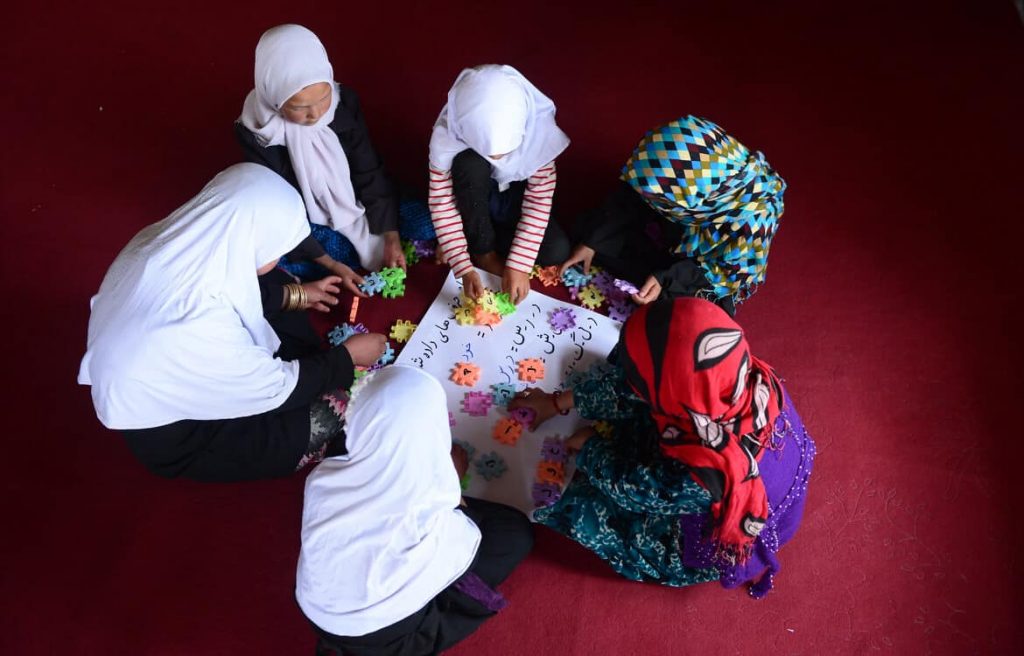
At the heart of this initiative is the belief that “educators are designers”. How does this create better learning environments?
Yes absolutely – Schools2030 believes that every teacher is a designer: every day, teachers create experiences for their students through delivering lessons, assessing progress and accommodating different learning needs and goals. By equipping Schools2030 educators with foundational design skills, tools and methods we can help to amplify their work and support the improvement of student learning outcomes.
We have developed a customised Schools2030 human-centred design process that is supported through a toolkit as well as a process for training participants in the using the toolkit. All our human-centred design resources are available freely and open-sourced on schools2030.org so they can be a benefit to teachers everywhere, even beyond our own programme.
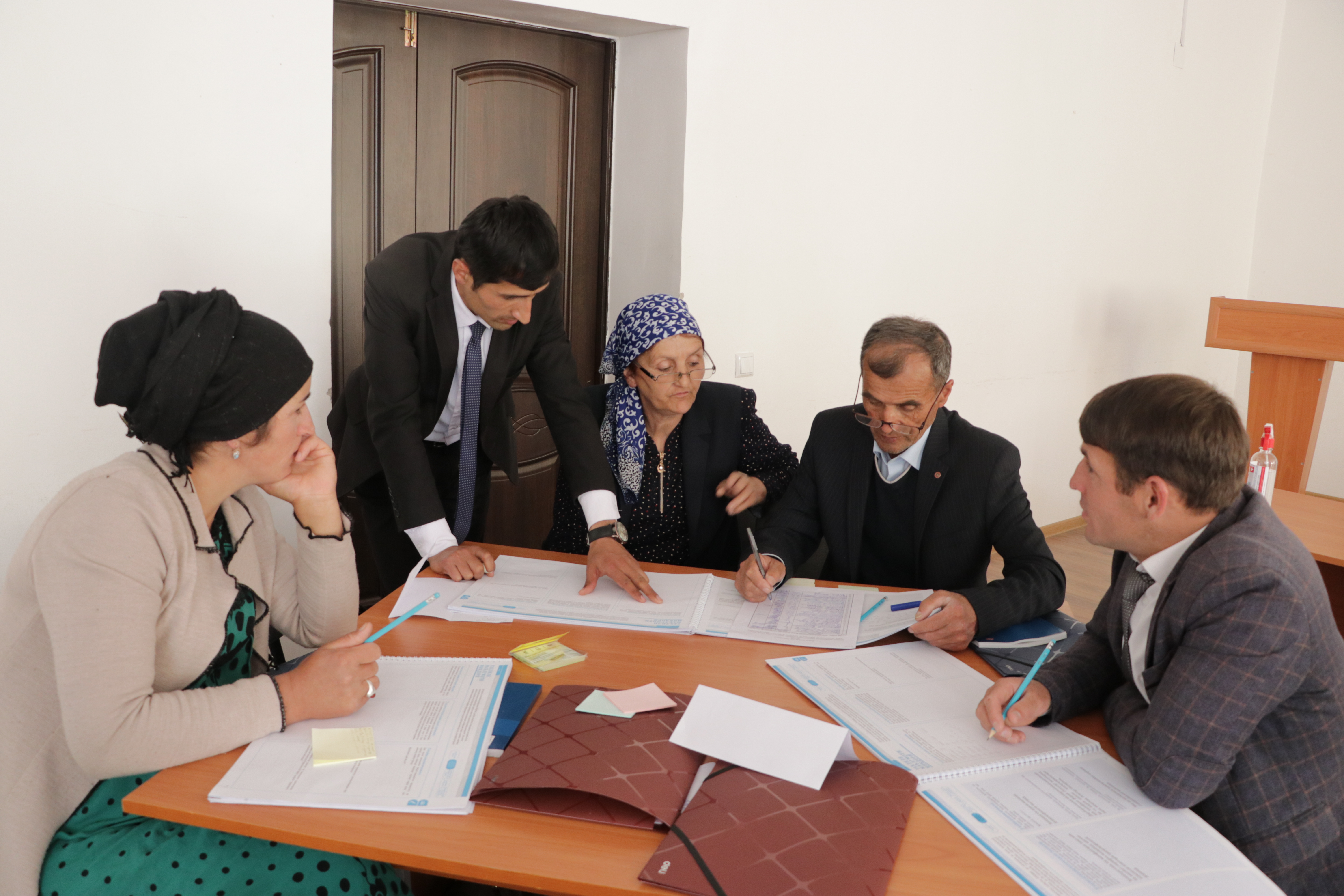
Educators who are using the Schools2030 Human-Centred Design Toolkit – what success stories have they shared? What early signs are emerging to show that the initiative is making a difference?
After a full year of developing and refining the Schools2030 HCD Toolkit, trialling it across our country teams and with civil society partners, and translating and contextualising it for use in our ten countries, we have now started the fun part – introducing the toolkit to teachers and facilitating their HCD learning journey. Initial workshops have been held with the majority of our teachers, giving them the opportunity to learn about the human-centred design process and to explore “how might we” questions that focus on improving learning in their country-specific holistic learning domains.
Our teams report that teachers have been diving enthusiastically into the HCD process, working together to define the questions they want to answer and the challenges they want to overcome. They are enjoying the opportunity to work with their peers on these challenges and to learn together. We are also hearing that teachers feel excited to be put in the driver’s seat of designing an education innovation. And this is what we are most excited about too – the opportunity to reclaim the discourse about ‘what works’ to improve quality learning outcomes from the bottom-up, rather than the top-down. At the heart of the Schools2030 approach is the recognition that schools should be the centre of social change, not the target of change.
